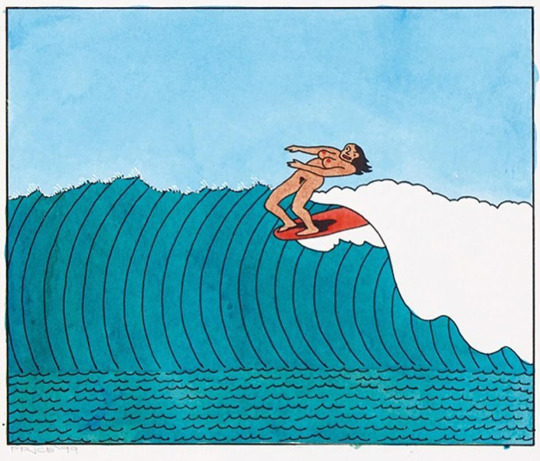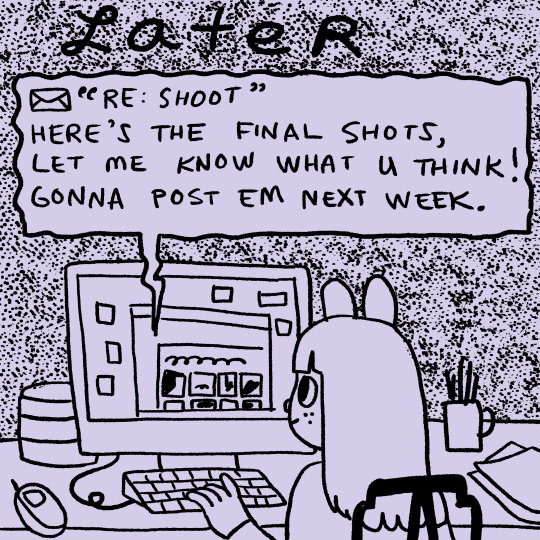Mis historietas dejaron de ser lo que eran desde que aparecieron los memes
Last active 4 hours ago
Don't wanna be here? Send us removal request.
Photo



He dibujado un nuevo cómic en mi nueva casa que suena misteriosamente.
3 notes
·
View notes
Text

La torturada vida de un carretel de cinta adhesiva.
2 notes
·
View notes
Text

Herr Nilsson, en Estocolmo, Suecia
[web] [web] [facebook] [instagram]
14 notes
·
View notes
Text




Here's the next instalment of my new comic series: "Waiting for Fuckface". This is Part 2 of 5. 😎🔥🍔🍄
Check out Part 1 here
Stay tuned for Part 3 !!! 🥶❤️🔥😈
58 notes
·
View notes
Photo







A story from Daddy’s Girl, by Debbie Dreschler.
Debbie Dreschler was an awesome comic artist who, seemingly, abruptly retired after only a few years of work in the 90’s. She now has a website showing illustration work, and no mention of her comics work (that I saw in the 15 minutes I browsed it). Her work was utterly raw, and written from the point of a young adult. The first collection, Daddy’s Girl is about a dysfunctional nuclear family, where the father is sexually abusing the main character, Lily. The focus of the book covers her home life and life at school, and the degree to which Lily internalises everything that happens to her. She reacts in erratic ways to things, as everything in her life sends ripples to the way she interprets everything else. It’s a heartbreaking book. Lily just can’t understand her life, and feels so responsible for things that are completely out of her hands. I’m sure this description is simplifying it too much; I have just reread it after many years, but that was my quick take away from it. I am not a woman, and I was never abused in such a way, but the feelings are genuine and absolutely relatable. Even as an adult, there is a quick reaction to internalise blame, but luckily adults (usually) have the sensibility to put things in perspective. Reading Daddy’s Girl has you feel a kind of helplessness, as there is nothing you can do to help Lily understand.
I can’t help but feel that Dreschler would be a major artist today if she were still working. When this book came out in the mid-90s, the readership of comics still skewed male, and the subject matter was enough to keep it from being really mainstream. This is a mature, distressing book in places. With the Internet as it is today though, this sort of work can have a much wider reach. If only.
274 notes
·
View notes

















































